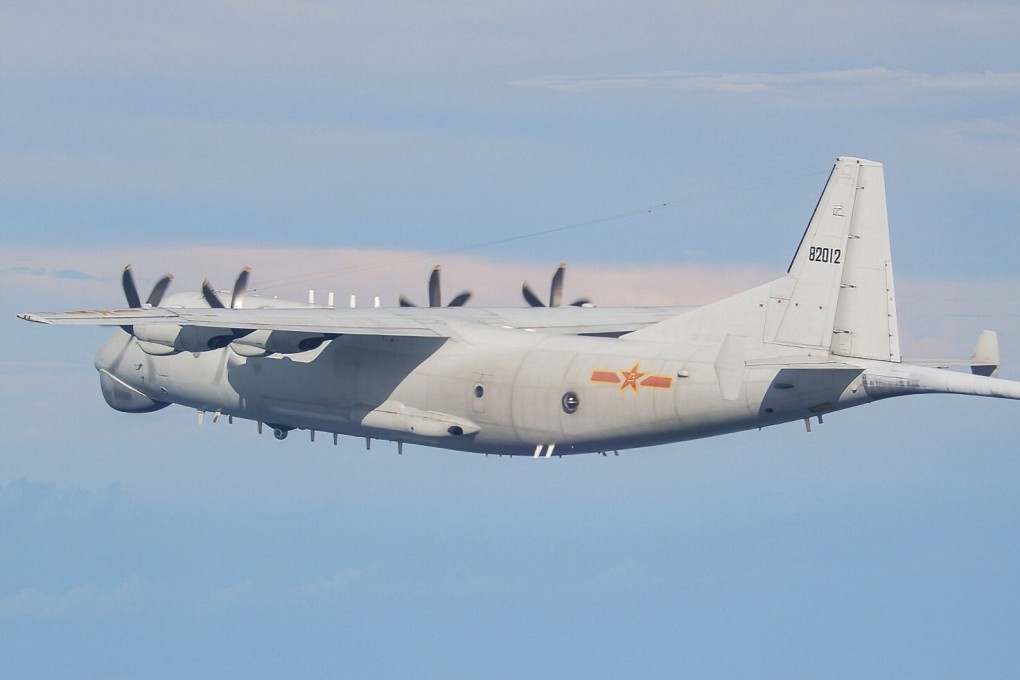Advertisement
Taiwan military to allow forces to fire back after mainland Chinese air incursions
- Defence ministry says it reserves right to act in self-defence and launch a counter-attack but will not allow conflict to escalate
- The guidance comes after PLA warplanes crossed an unofficial dividing line in the Taiwan Strait last week
Reading Time:2 minutes
Why you can trust SCMP

Taiwan has redefined its rules of engagement with mainland Chinese forces, allowing its military to fire back in self-defence.
The announcement comes after People’s Liberation Army warplanes crossed a median line in the Taiwan Strait last week – apparently ignoring a tacit understanding between the two sides.
“In the face of high-frequency harassment and threats from the enemy’s warships and warplanes recently … the military clearly redefined the contingency handling regulations concerning the first strike as our right to self-defence and counter attack,” the island’s defence ministry said on Monday.
Advertisement
It said the island’s navy and the air force must follow guidelines that state there can be “no escalation of conflict and no triggering incidents” as well as “no provocation and no fear of the enemy” and the principle that “the closer [the enemy] approaches the island, the more active [the military must be] in dealing with it”.
The ministry stopped short of giving details about what a counter-attack would involve.
Advertisement
Advertisement
Select Voice
Select Speed
1.00x